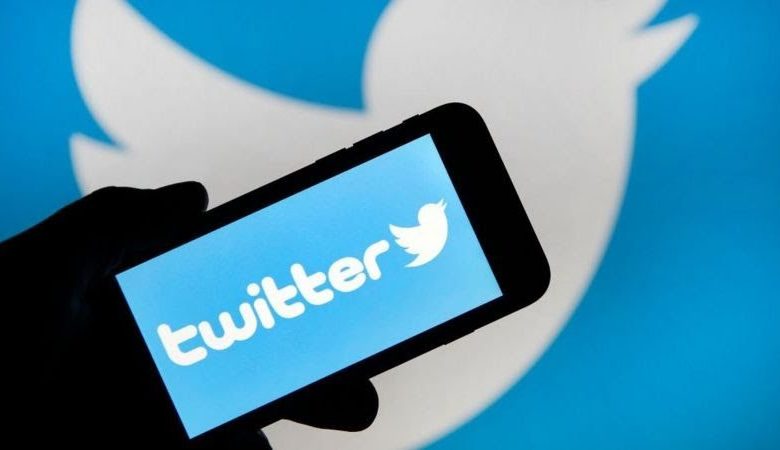#TwitterBan: A Blow To Freedom Expression In Nigeria, Group Says
A group of civil society organisations says the Twitter ban undermines Nigerians' right to free expression.

A group of civil society organisations has described the suspension of Twitter operations in Nigeria as a blow to the freedom of expression.
The group comprises Connected Development Initiative (CODE), Civil Society Legislative Advocacy Centre (CISLAC), Transparency International, and Oxfam
In a statement on Wednesday, June 9, 2021, the group expressed deep concern over what it termed an attempt by the Nigerian government to undermine the country’s democracy.
The ban on Twitter in Nigeria came days after the social media giant deleted an ‘offensive’ tweet by the Nigerian President Muhammadu Buhari, deemed to be ‘genocidal’ because he had threatened violence against separatists attacking security formations and institutions in the southeast.
In defense, the Nigerian government argued that the platform was being used to threaten the country’s corporate unity.
But according to Hamzat Lawal, the Executive Director of CODE in the statement, the ban is a violation of the fundamental human rights of Nigerians to freely express themselves.
Ramatu Bako, Oxfam’s head of influencing and public engagement, added that the government ban would continue to shrink the civic space.
“We will continue to advocate for robust civic engagement to promote active participation of citizens in issues that directly concern them through legitimate means in accordance with the provisions of the laws,” Bako said in the statement.
According to Musa Rafsanjani, the Executive Director of CISLAC, Twitter is not only a place for free expression but a huge marker for the small and medium businesses (SMEs) and the source of people’s livelihood and income.
According to Netblock, Nigeria loses N2.18 billion per day for blocking the operations of Twitter in the country.
“Nigeria has been among the best-performing African countries in attracting investments for technology start-up businesses,” Rafsanjani said.
“The ban could threaten that status.”
Constant Tchona, Oxfam’s Country Director, emphasised that freedom of expression is within the ambit of constitutional provisions, open conversation, dialogue, constructive decent, and access to information.
“We believe that this position will undermine the legitimacy of this regime in the acceptance and recognition of the social contract between the government and the governed, especially as the country marks democracy day on June 12,” the Tchona said.
“This measure inhibits access to information and commerce at the time when Nigeria needs to promote expression of opinions and inclusive dialogue to help combat the economic challenges, insecurity challenges that continue to plague the country.”
Support Our Journalism
There are millions of ordinary people affected by conflict in Africa whose stories are missing in the mainstream media. HumAngle is determined to tell those challenging and under-reported stories, hoping that the people impacted by these conflicts will find the safety and security they deserve.
To ensure that we continue to provide public service coverage, we have a small favour to ask you. We want you to be part of our journalistic endeavour by contributing a token to us.
Your donation will further promote a robust, free, and independent media.
Donate HereStay Closer To The Stories That Matter




